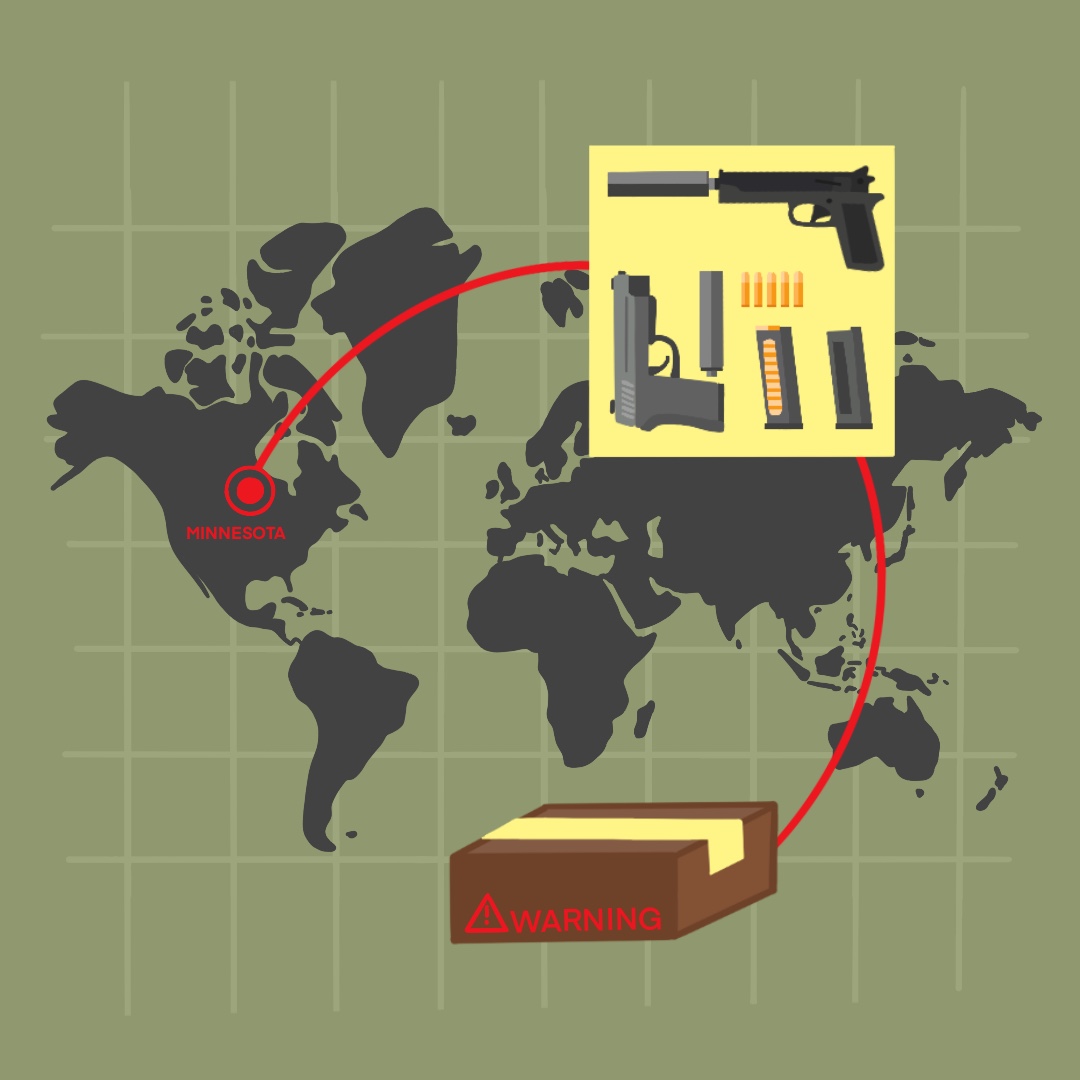A University of Minnesota professor has partnered with state inmates to bring hand-made toys to sick kids.
Dubbed “Project Teddy Bear,” the joint effort involves students collecting yarn that they send to a male corrections institute, where inmates crochet stuffed toys like birds, unicorns, dinosaurs and cartoon characters. The stuffed toys are then donated to the Ronald McDonald House in Minneapolis.
The concept was first proposed by Diana Poch, a lead psychologist at Federal Correctional Institute Sandstone. Poch reached out to Rebecca Shlafer, an assistant professor in the University’s Department of Pediatrics who was teaching an honors seminar titled “Incarceration and the Family” last spring.
“Diana told me that she had a couple of guys at the facility that were interested in doing something beneficial for the community,” Shlafer said. “This serendipitous thing came together around the project.”
Shlafer’s students gathered yarn from local businesses, friends and family throughout the spring semester.
“I think it expanded [the students’] perspective on incarceration in the community,” Shlafer said. “The project challenged a lot of assumptions about who is in prison and what they are capable of.”
Several students from Shlafer’s class, including University senior Laura Reimann, have remained with the project and are helping to promote awareness through outreach and social media.
“I think this project is a good opportunity to step back from just being on campus learning about these issues,” Reimann said. “The project was just a really cool way of bringing restorative justice to this prison system.”
The Ronald McDonald House, which provides severely ill children and their families a place to stay while children undergo medical treatment, has appreciated the ongoing donations.
“We were overwhelmed with the detail and care and creativity of the creatures,” said Eric Johnson, communications director for Ronald McDonald House Charities. “The overall story of where they came from deeply touched us.”
After the first donation, the toys “flew off the shelves” due to their unique qualities, Johnson said.
“Patients and siblings of patients staying at the house and utilizing services are going through an especially stressful time,” he said. “Some [toys] were very small to accommodate little hands. The kids find them very comforting and safe during an unsure time.”
Over the last eight months, prisoners have crocheted hundreds of creations, Shlafer said, getting other inmates involved as well.
“It’s easy for us to collect yarn and drop it off, but it has become so much more meaningful than that for the guys,” Shlafer said.
She added the inmates participating in the project were grateful to give back to a society they’ve “taken so much from.”
“I received several hand-written letters from some of the guys who participated, and this has changed their lives,” Shlafer said. “The fact that there is a group of people on the outside that have put confidence in them, and that they have made such incredible things that are genuinely appreciated by the children and their families — it’s hard for me to describe the value of that for them.”
Another set of crocheted toys was delivered to the Ronald McDonald House inside Children’s Minnesota Minneapolis Hospital on Monday.







